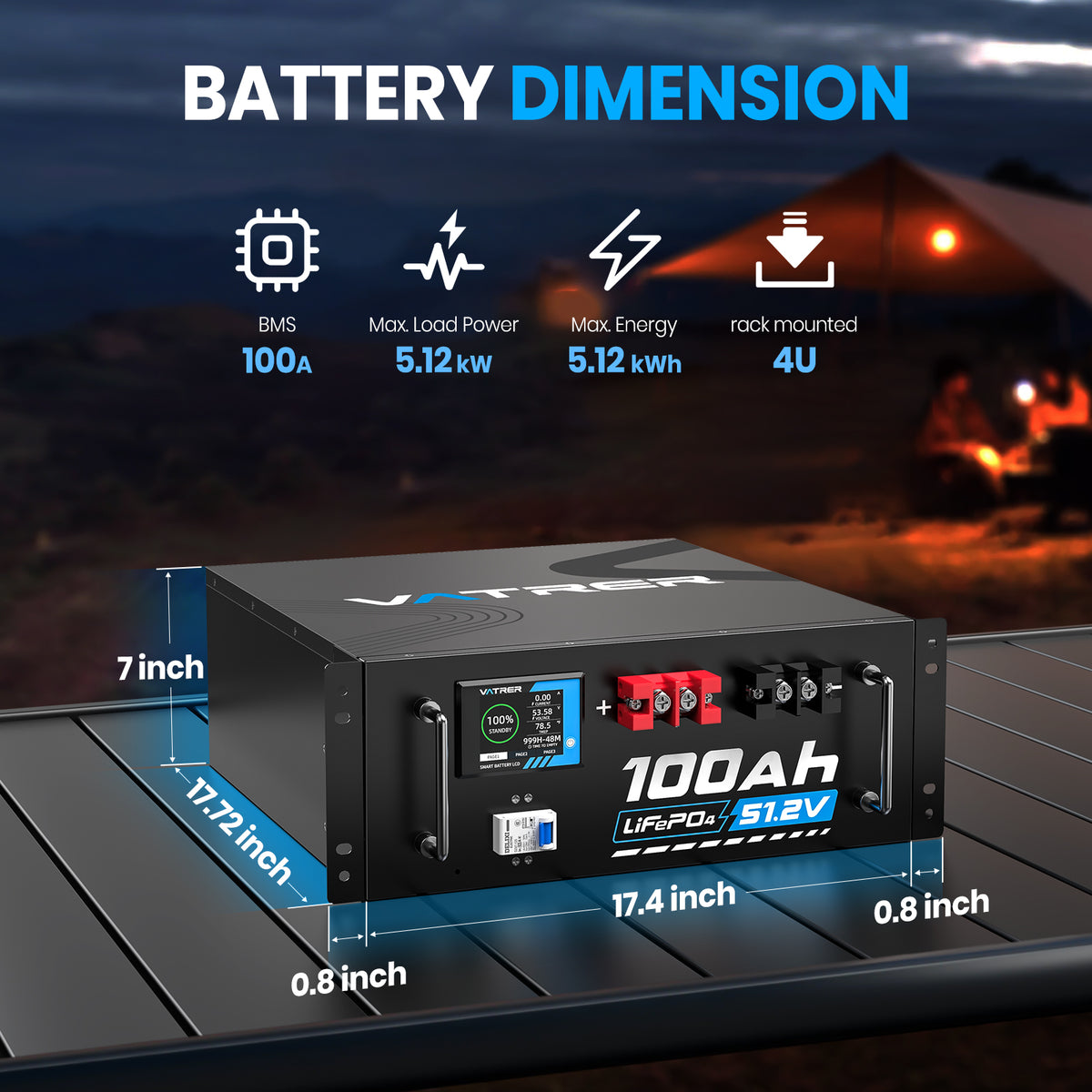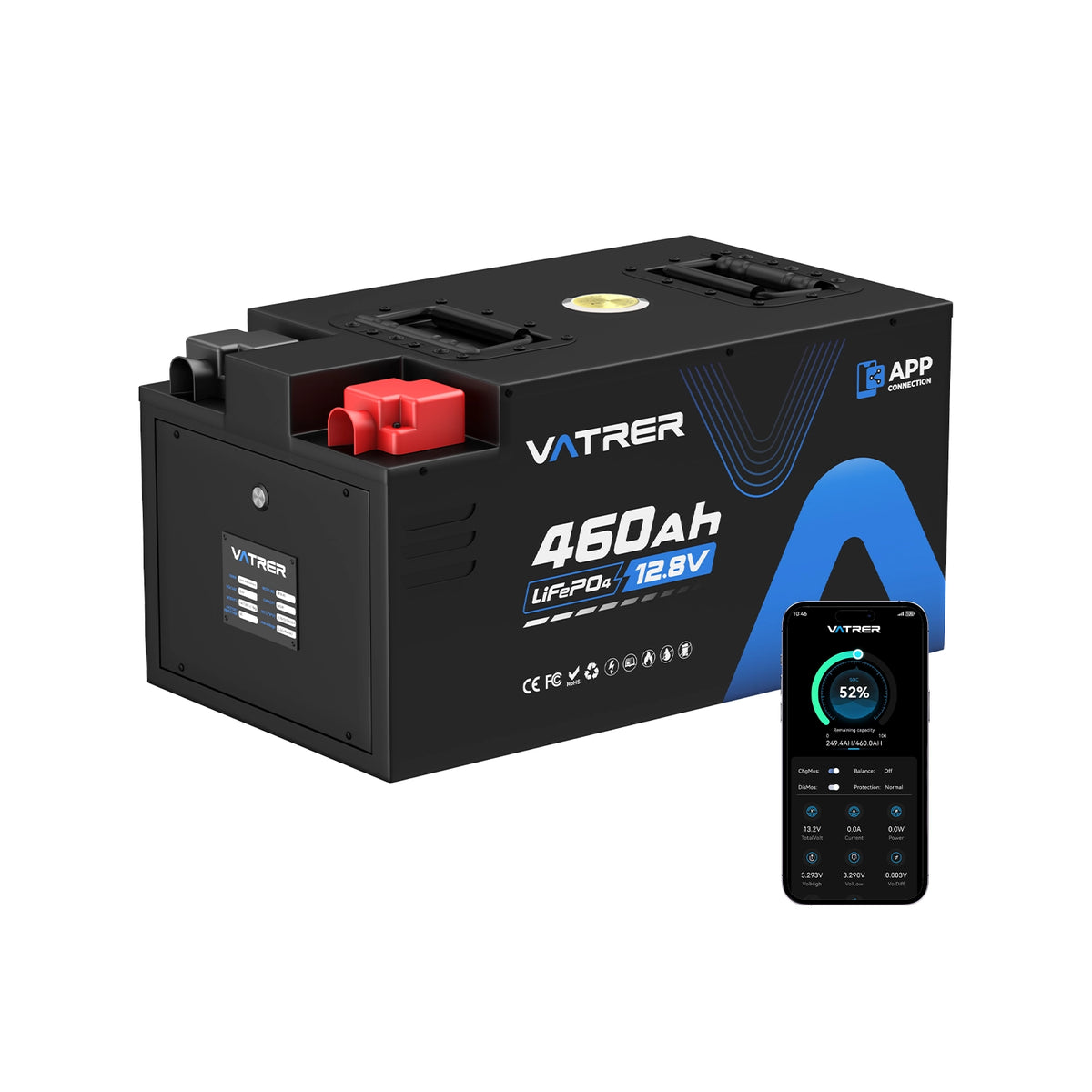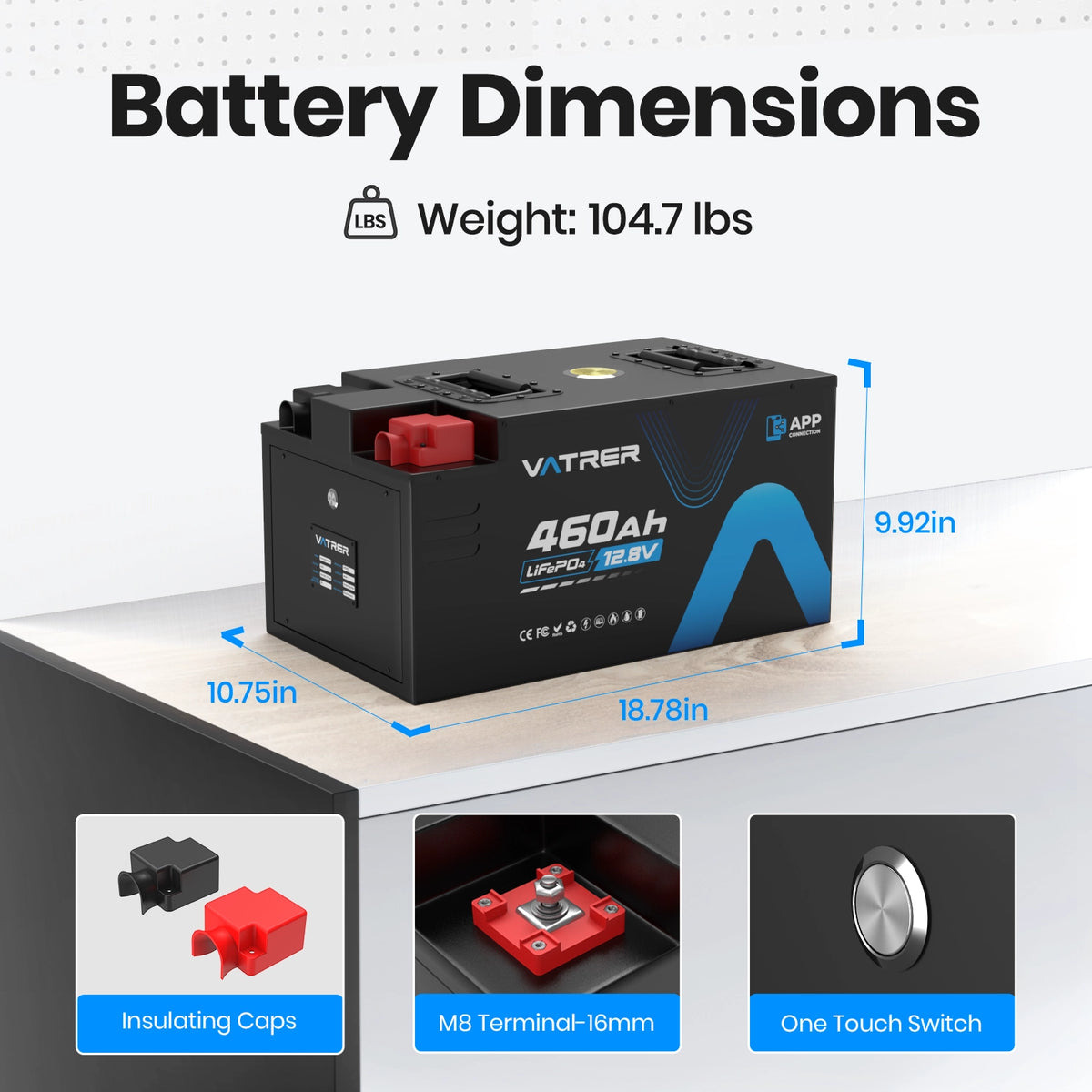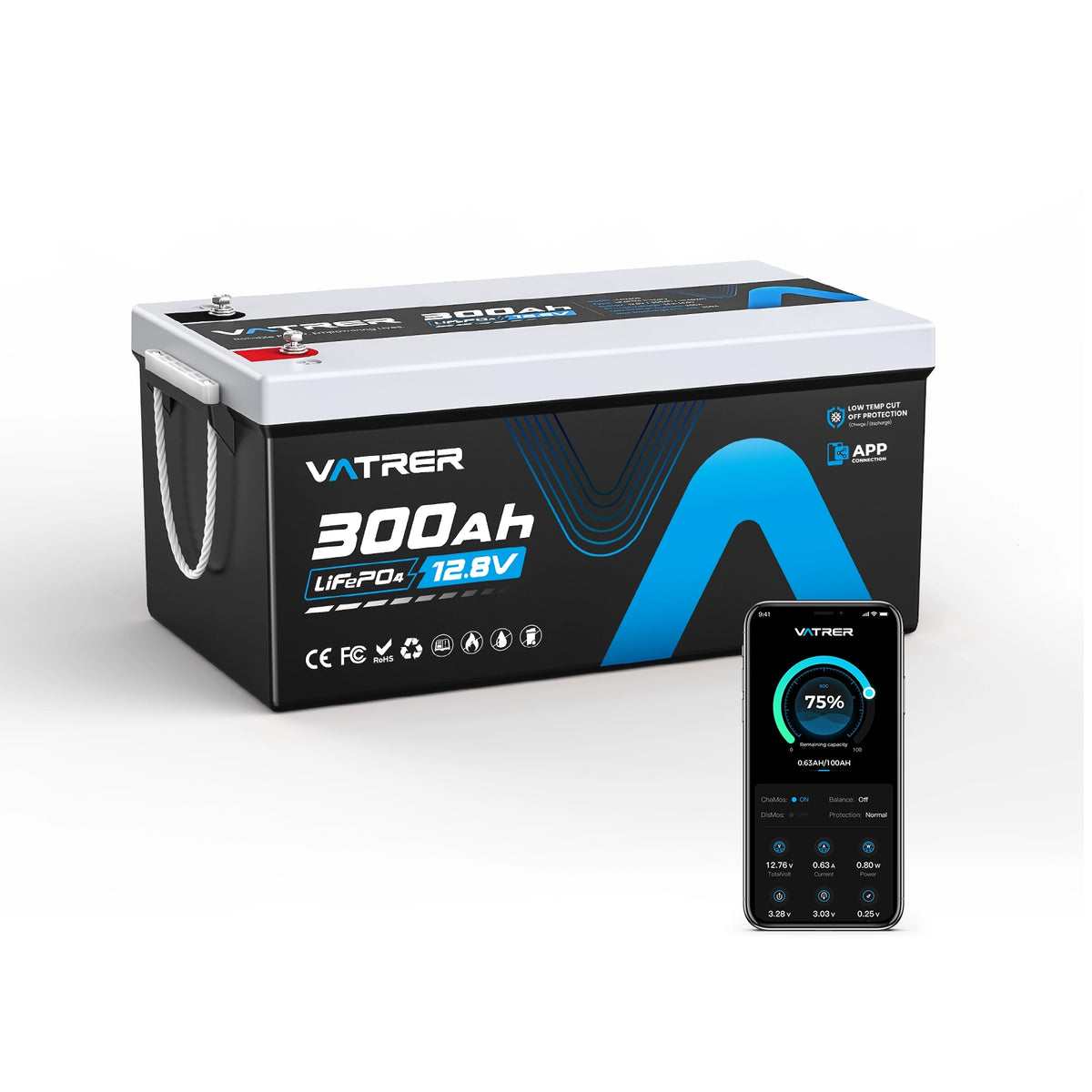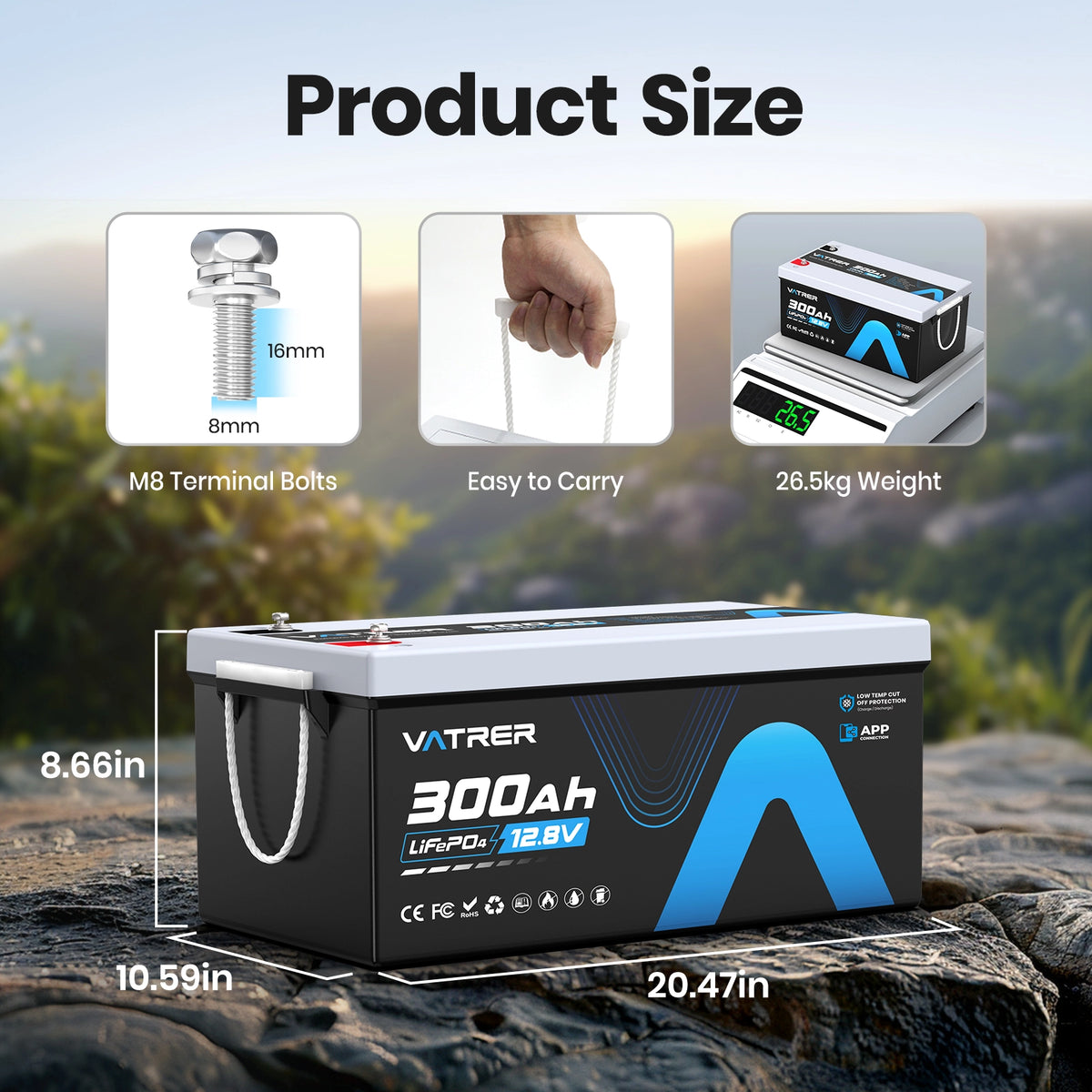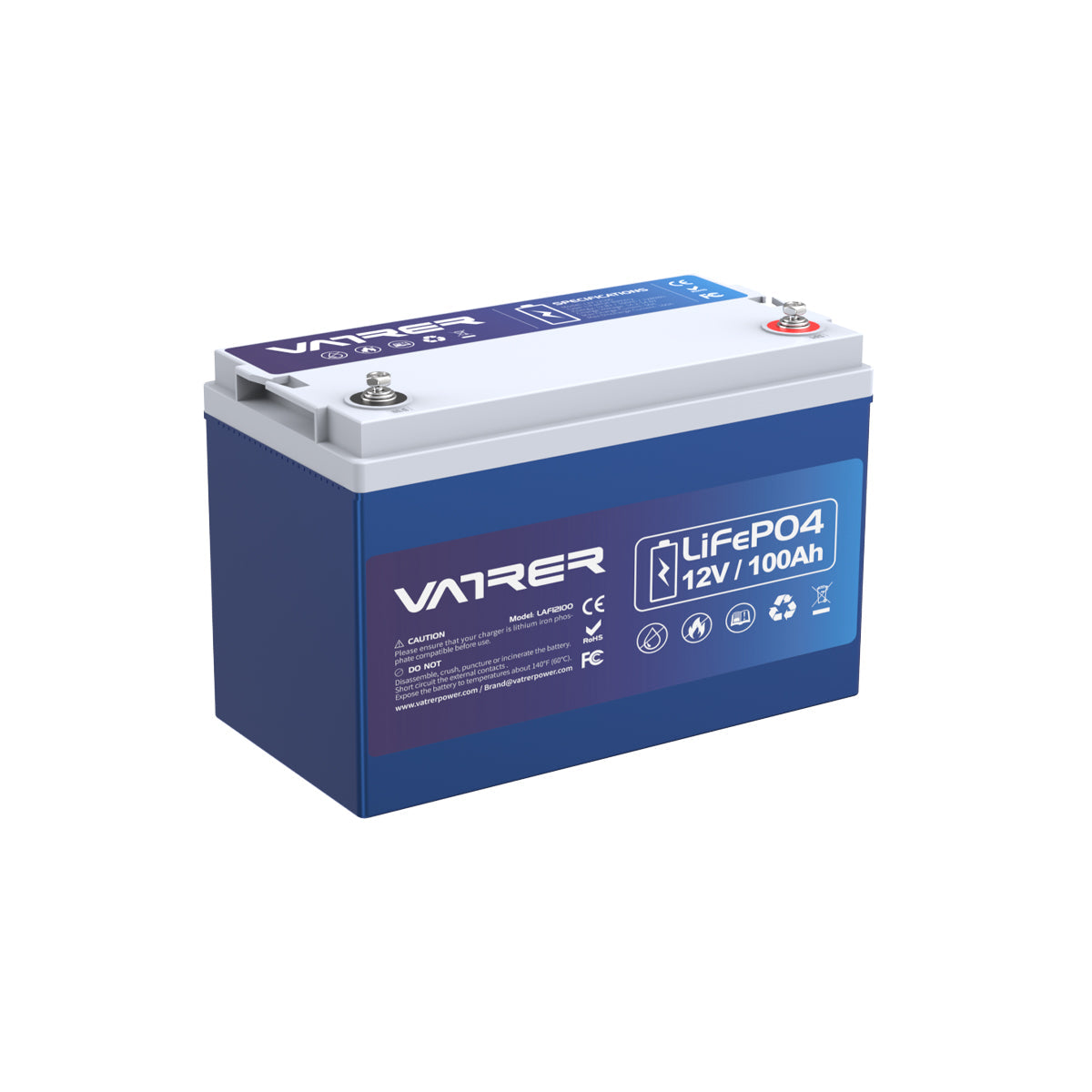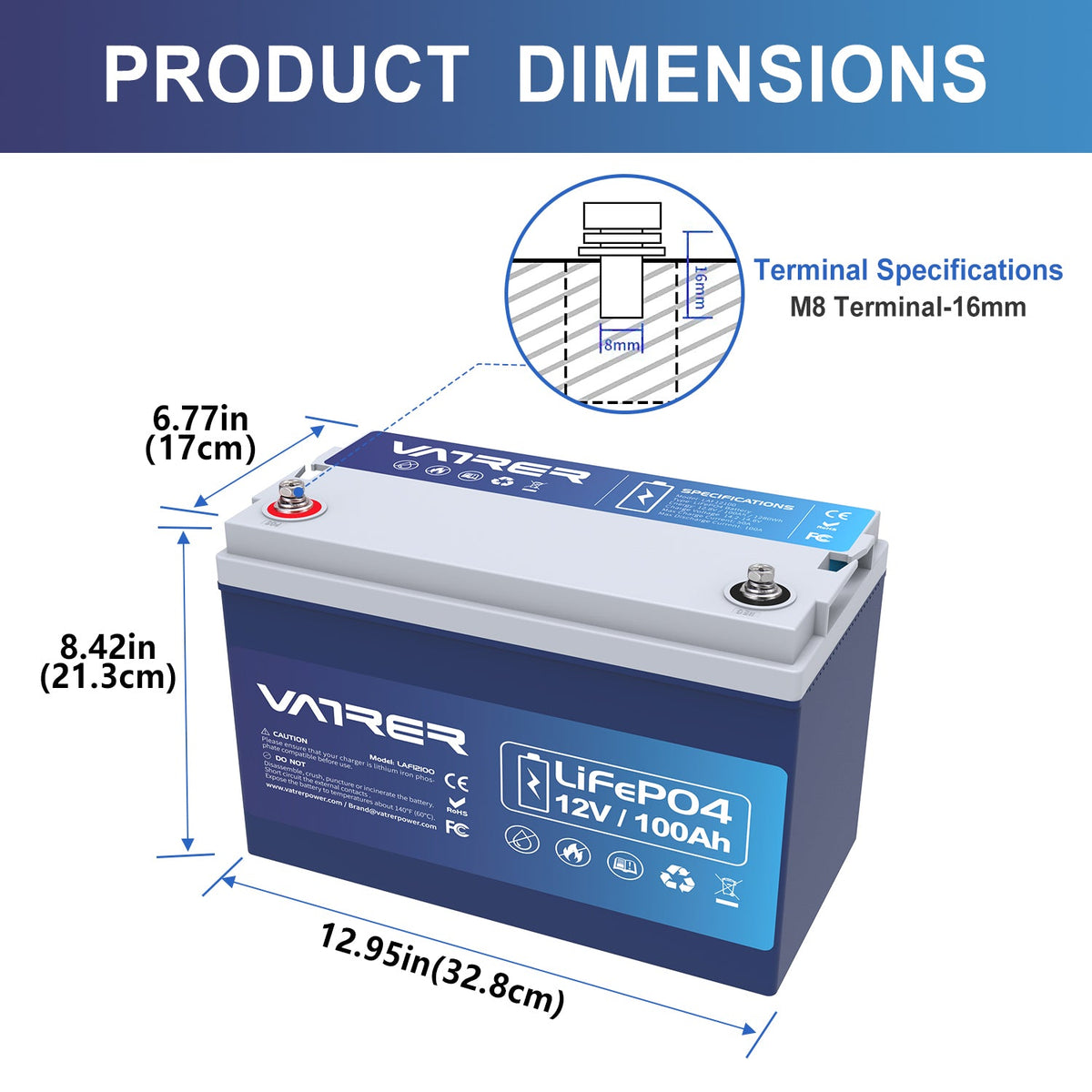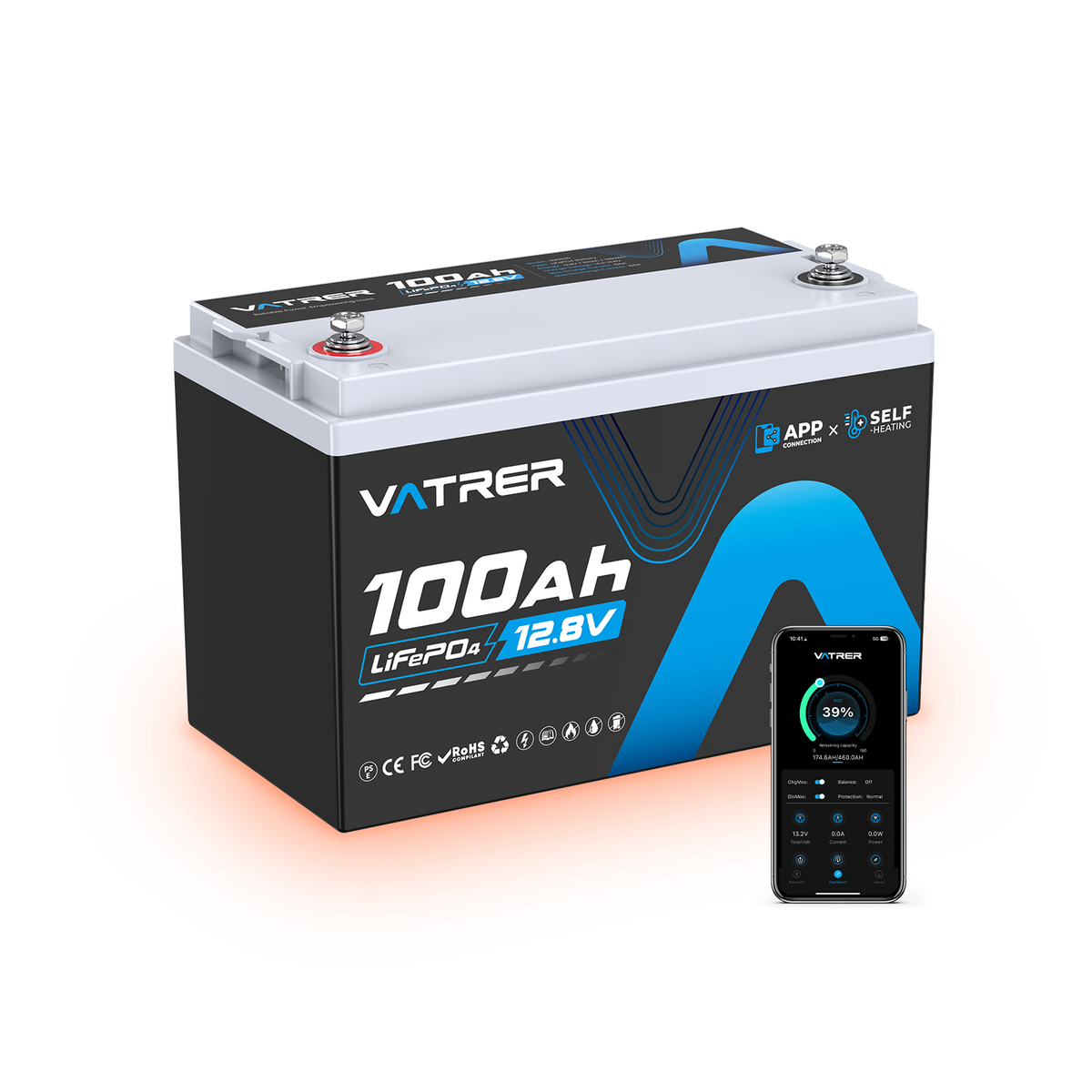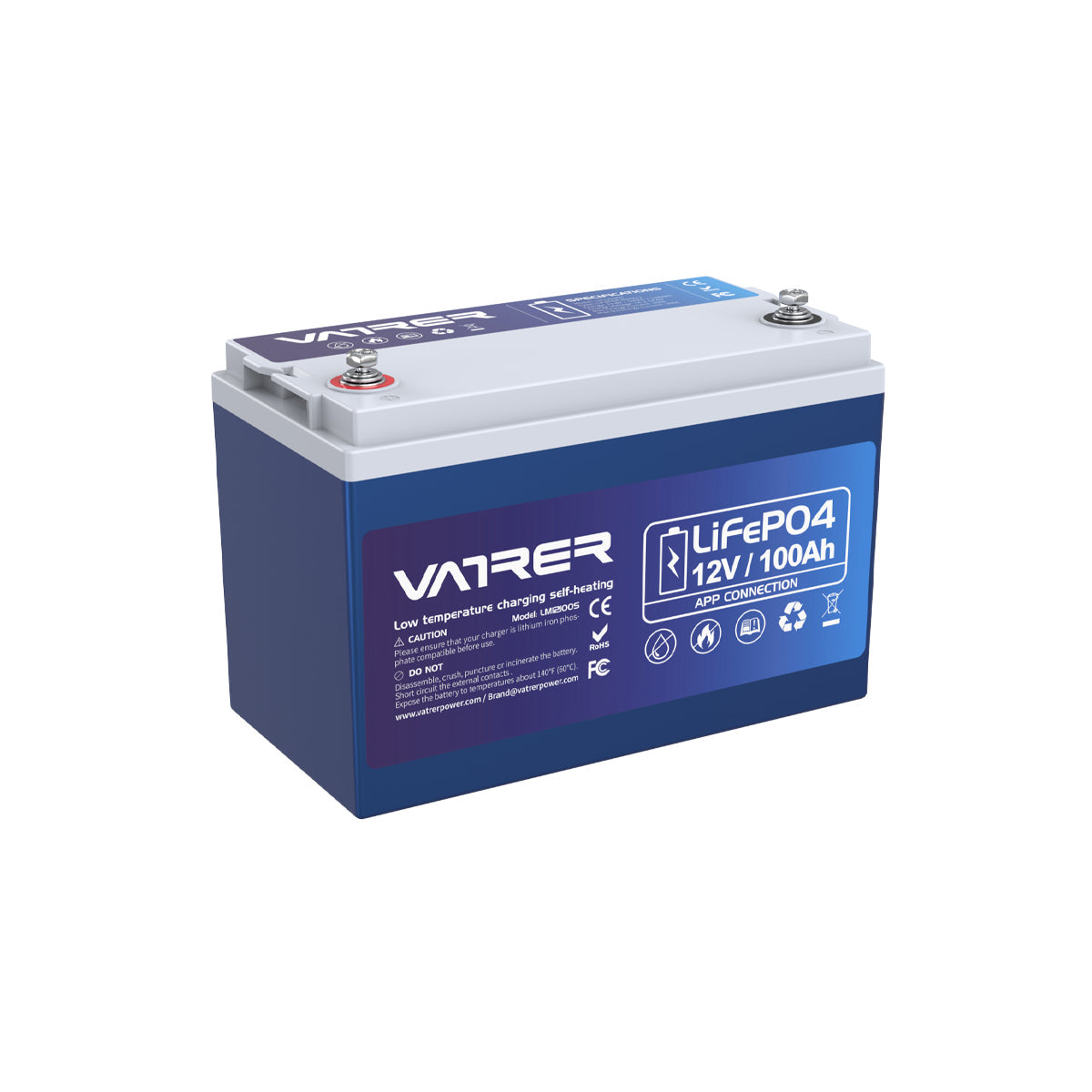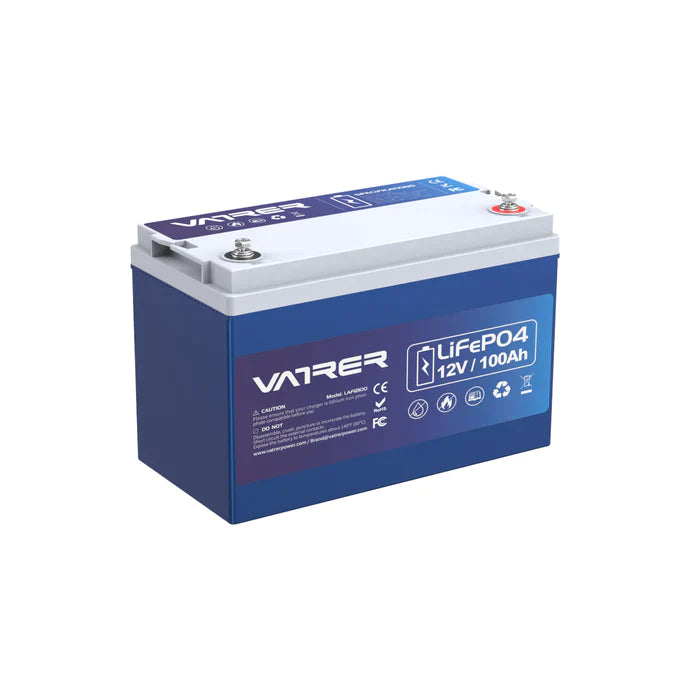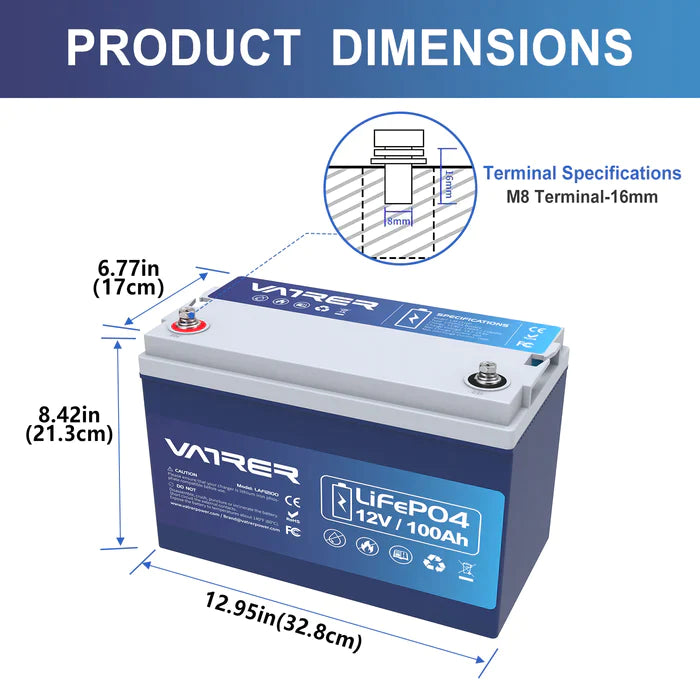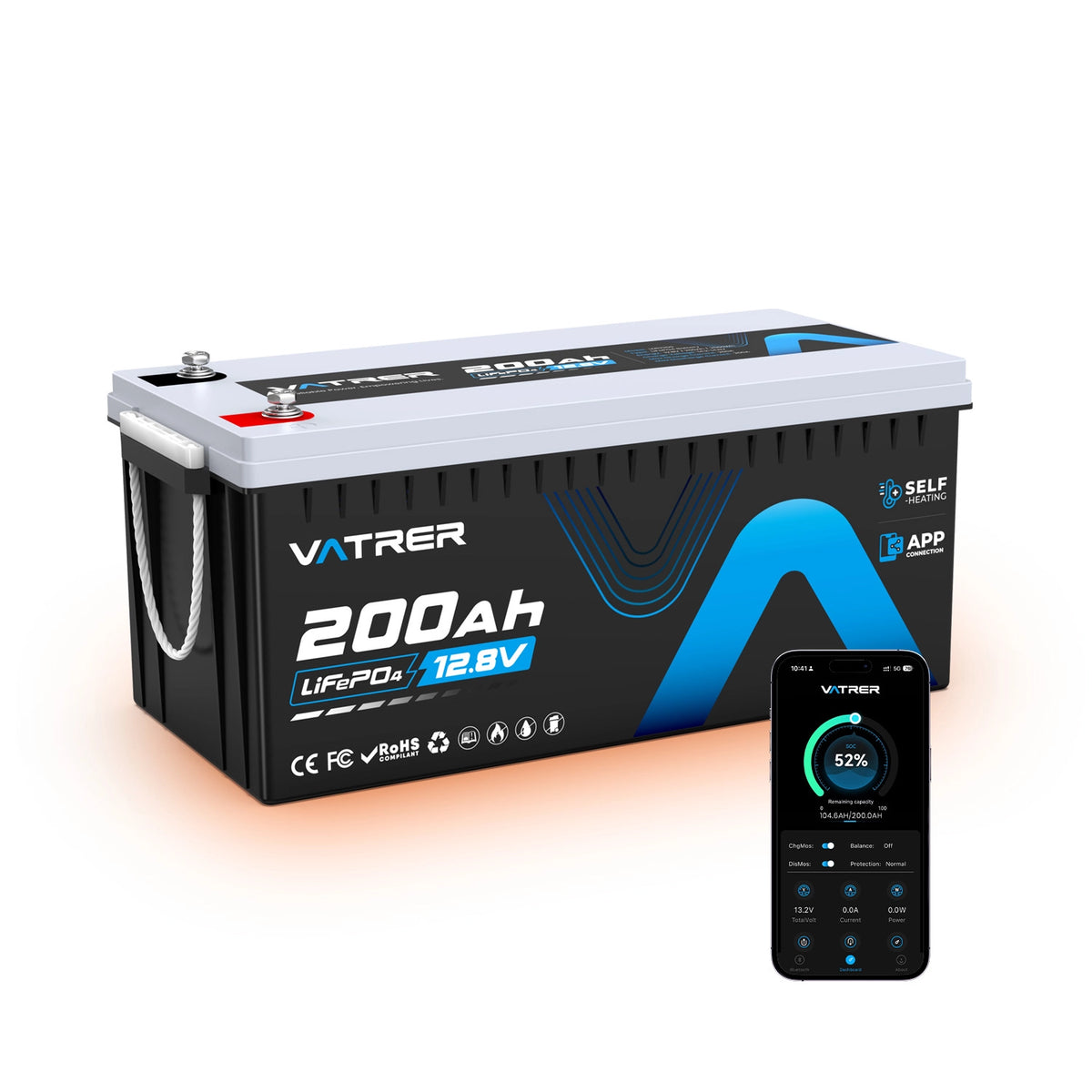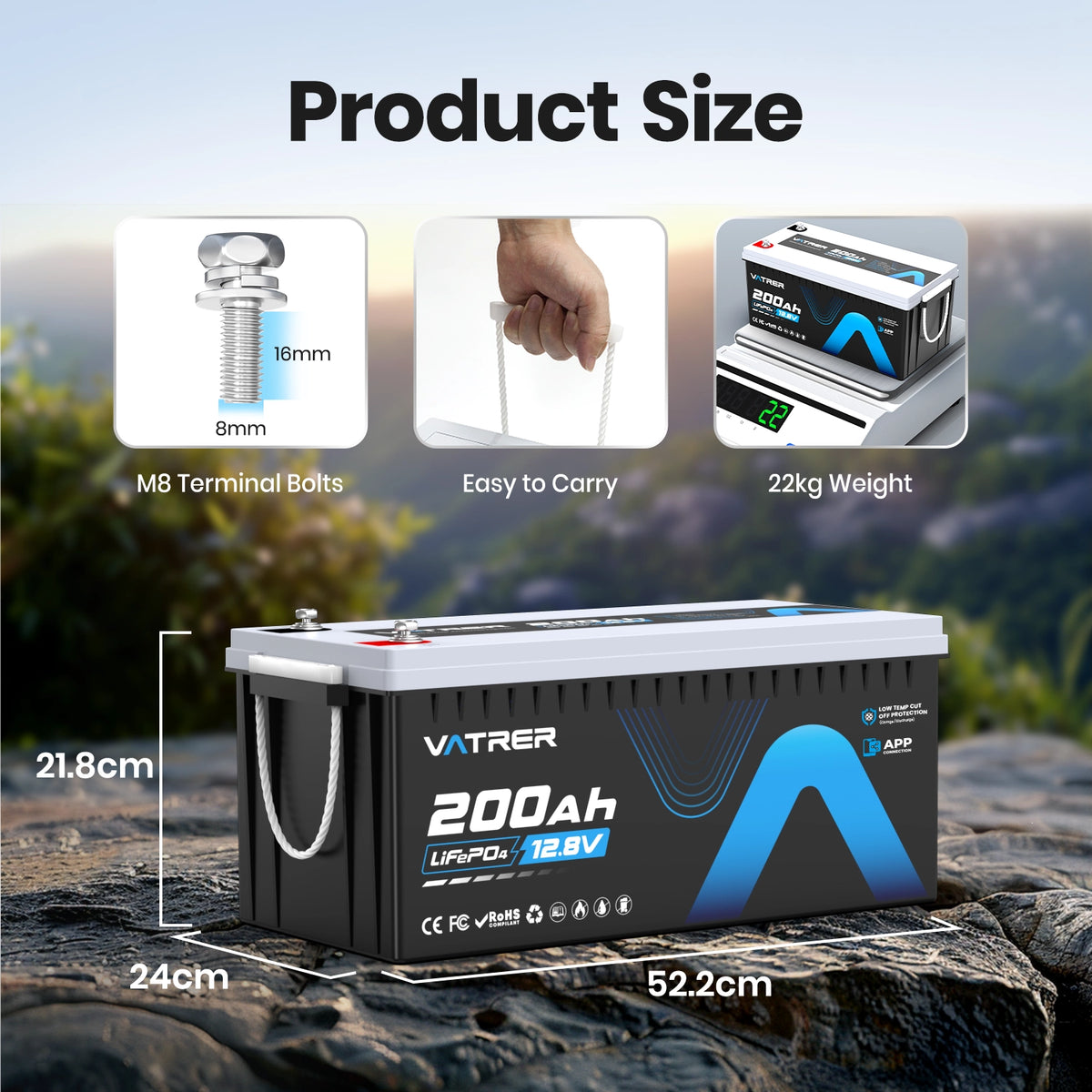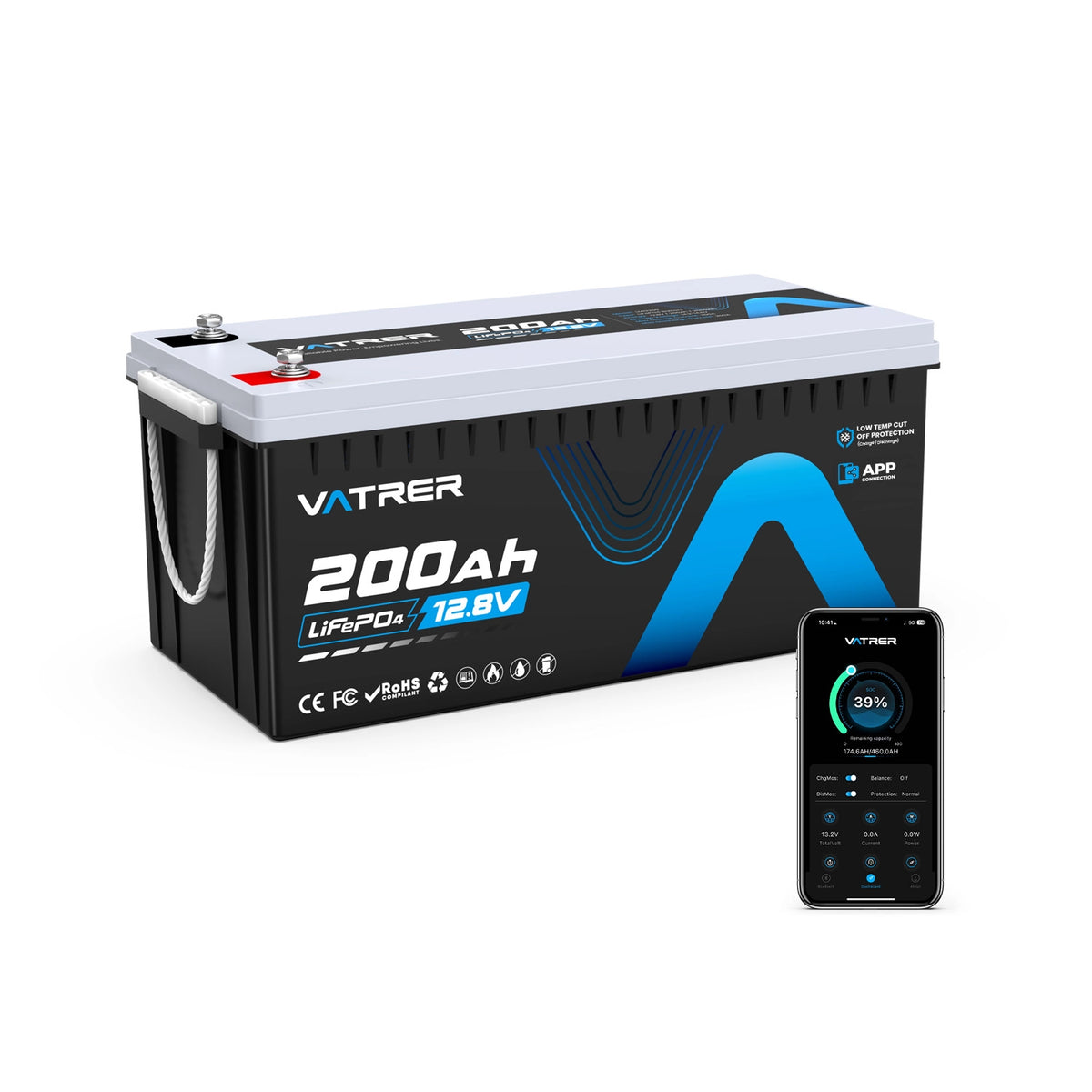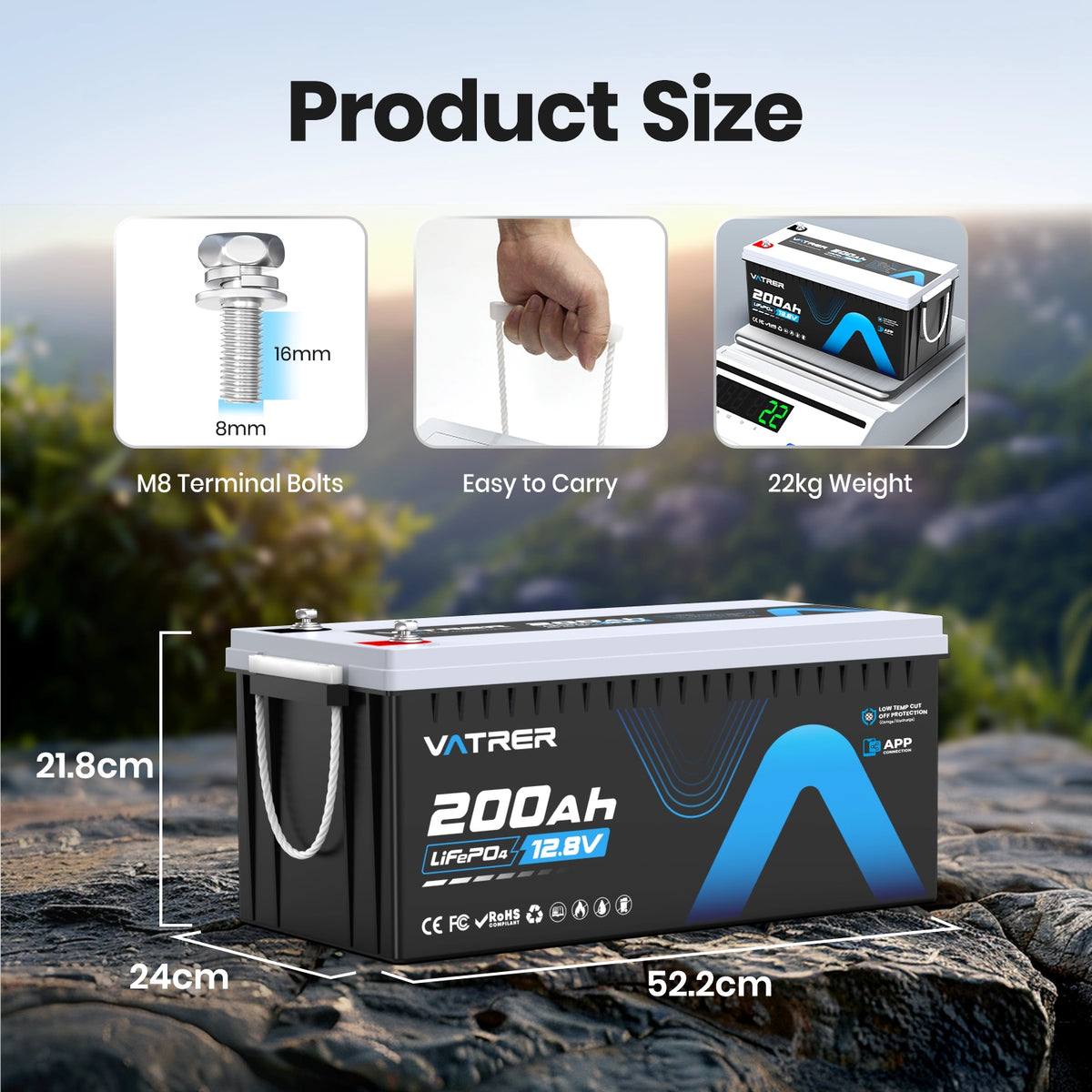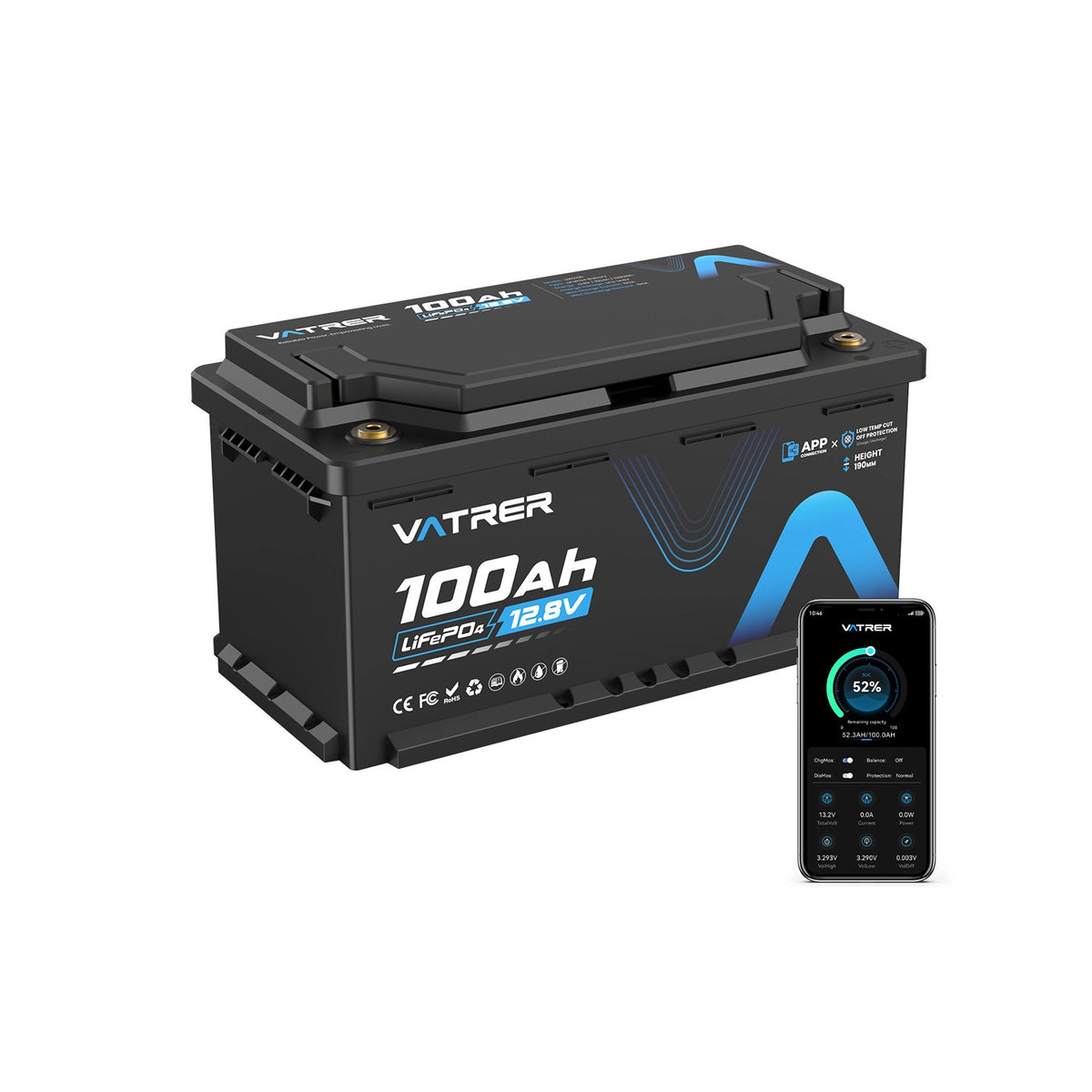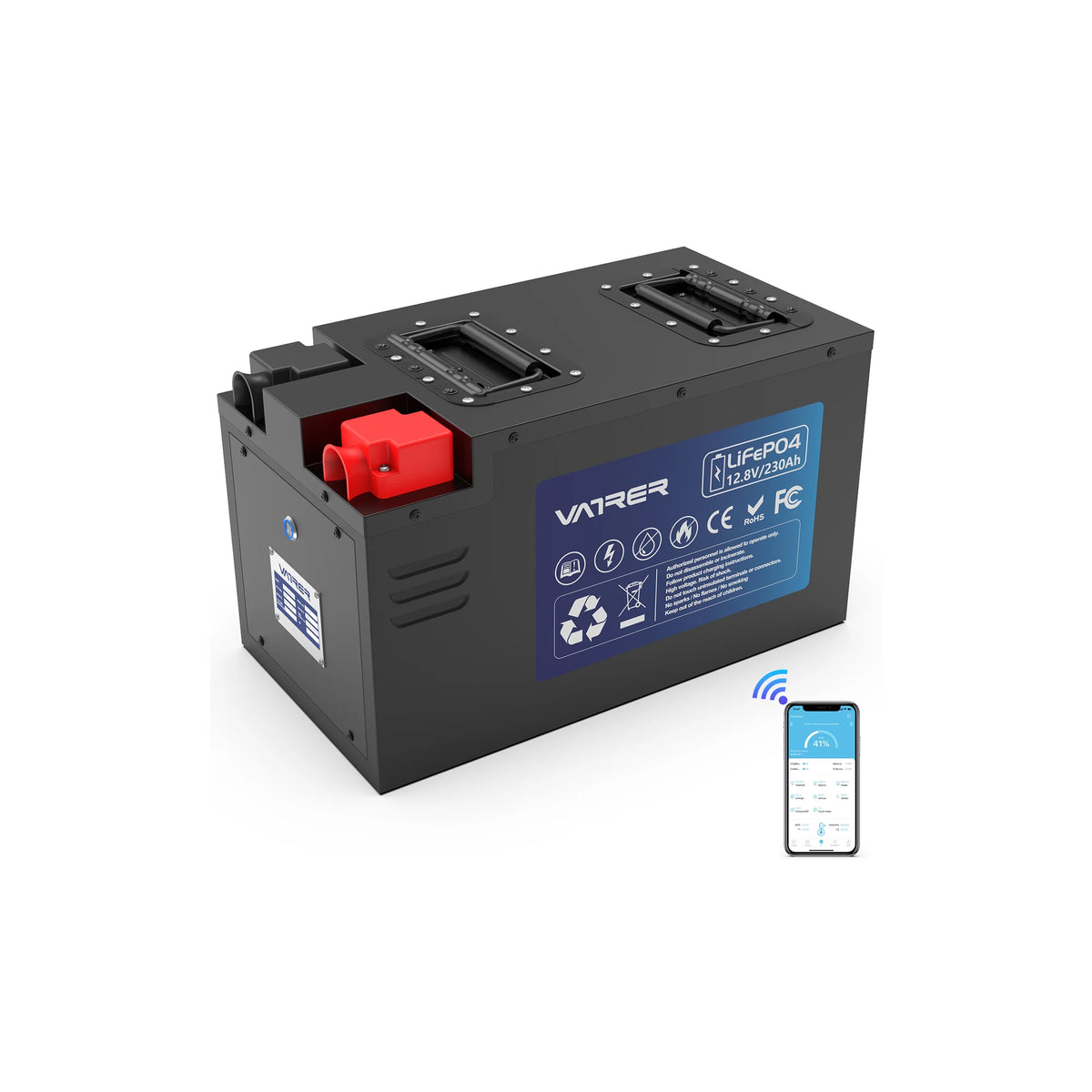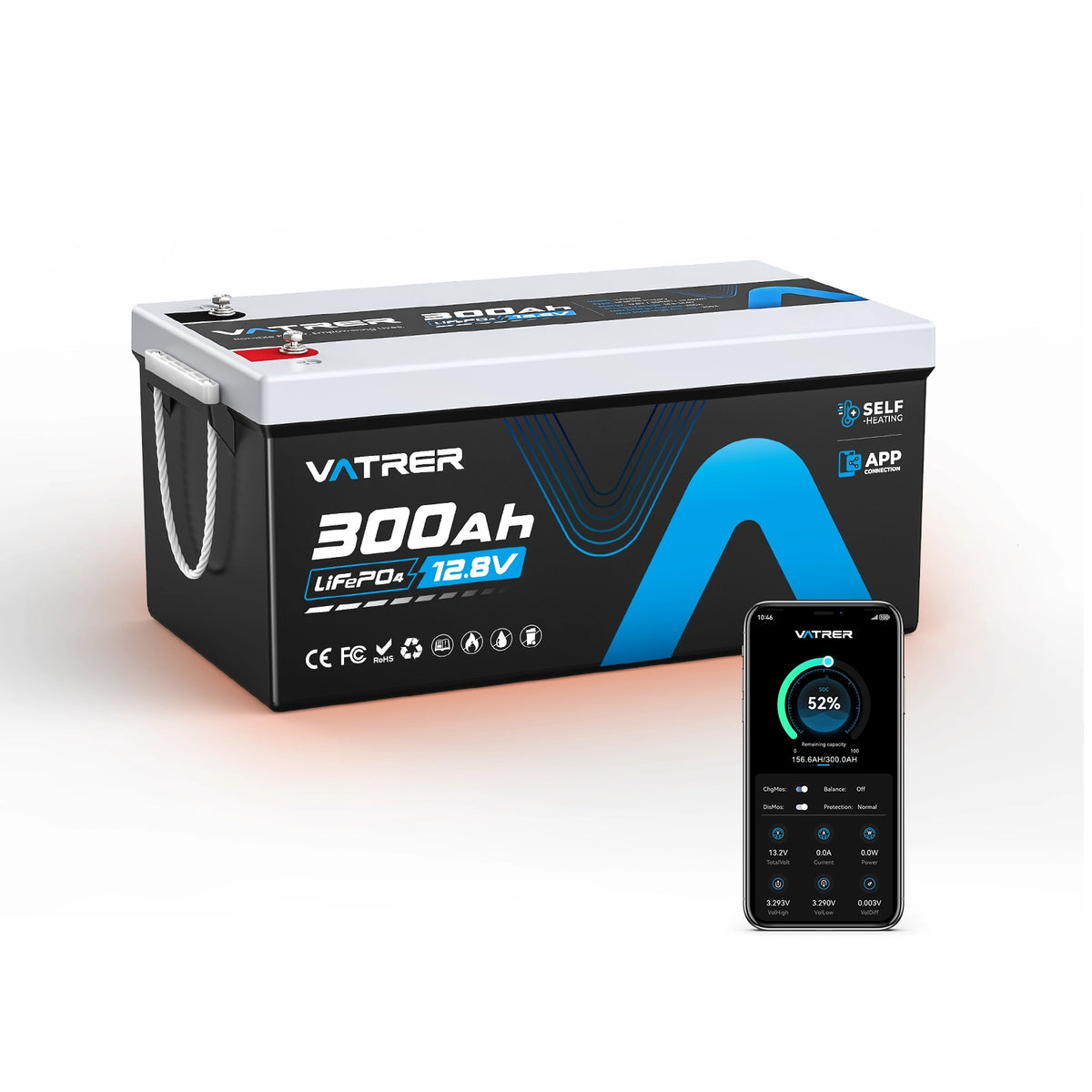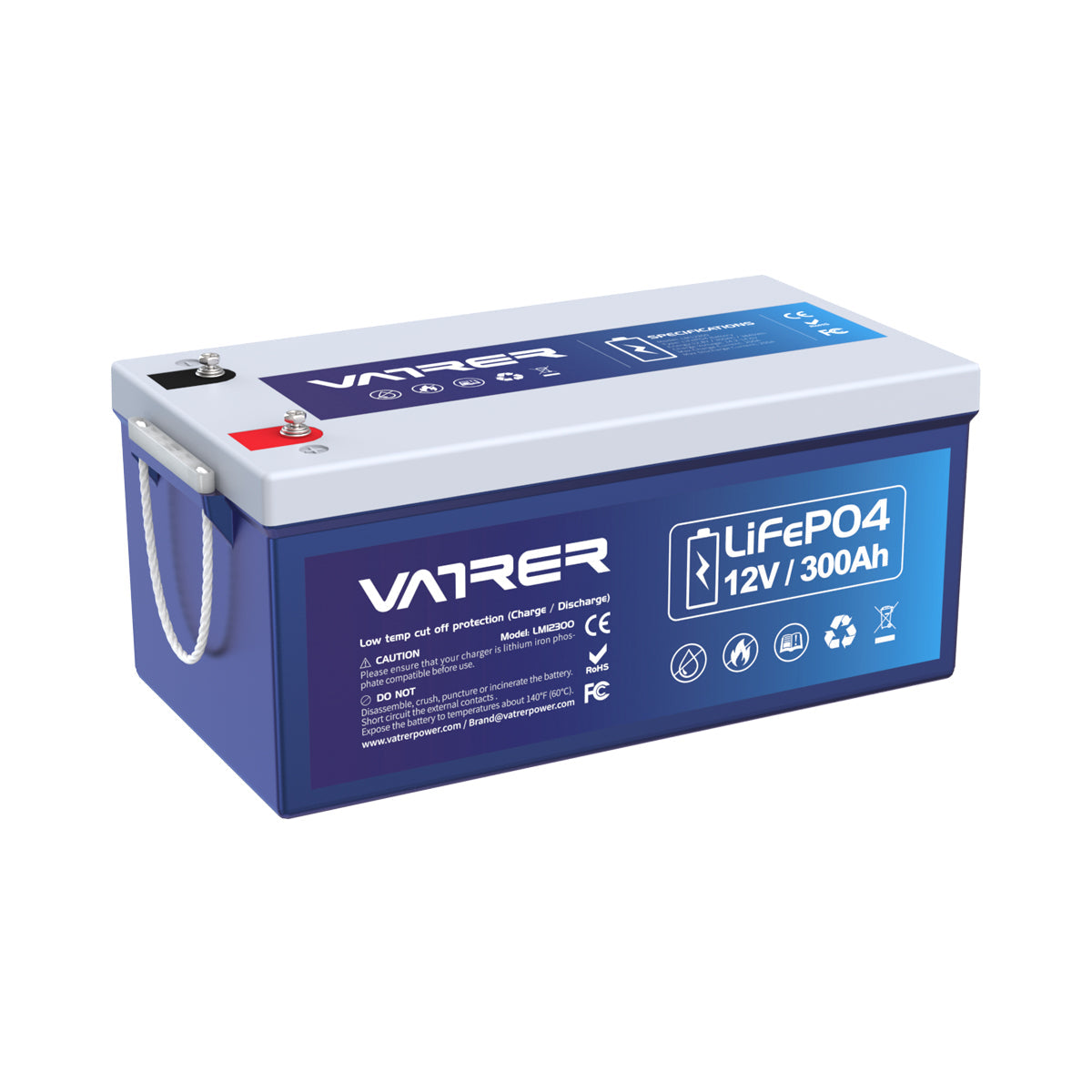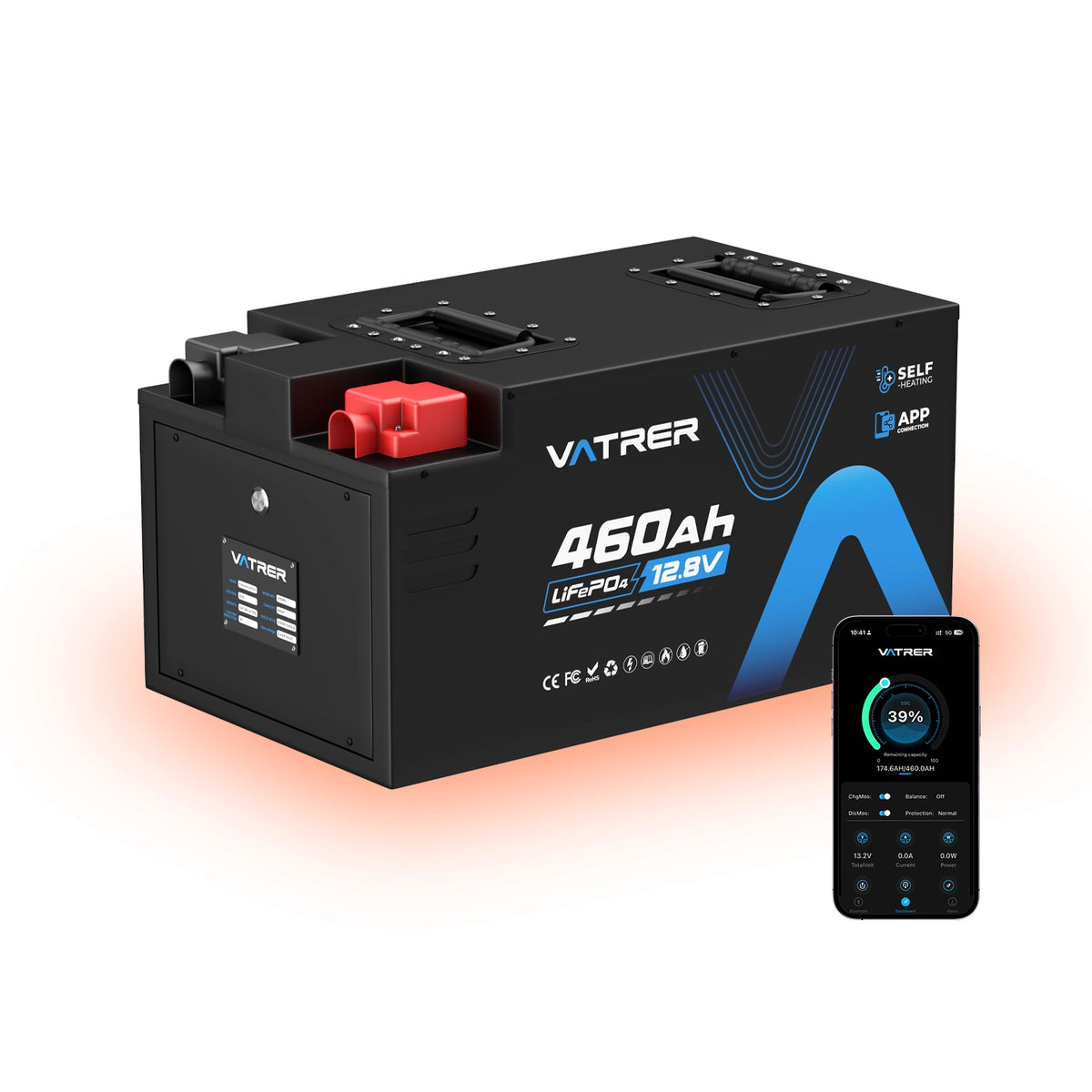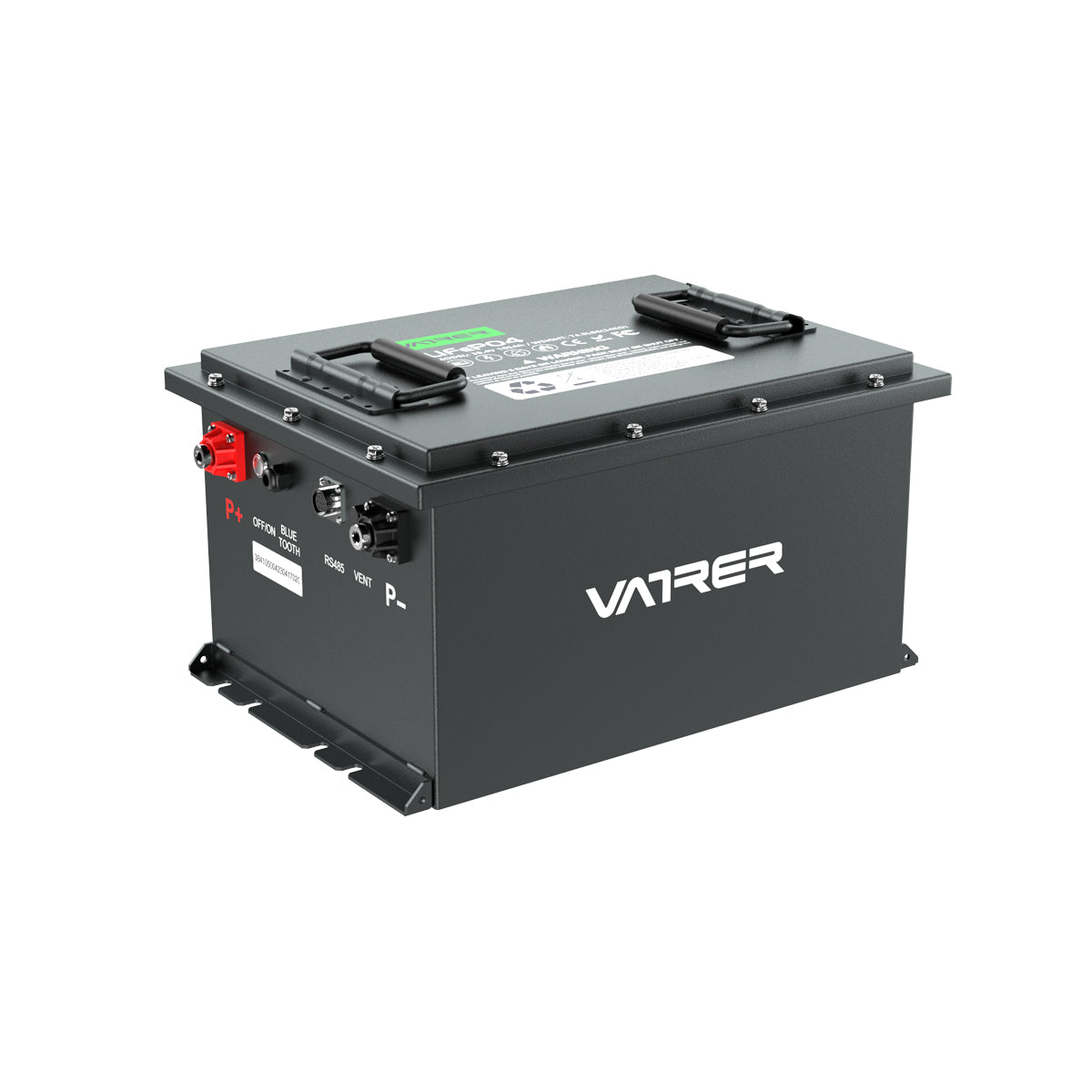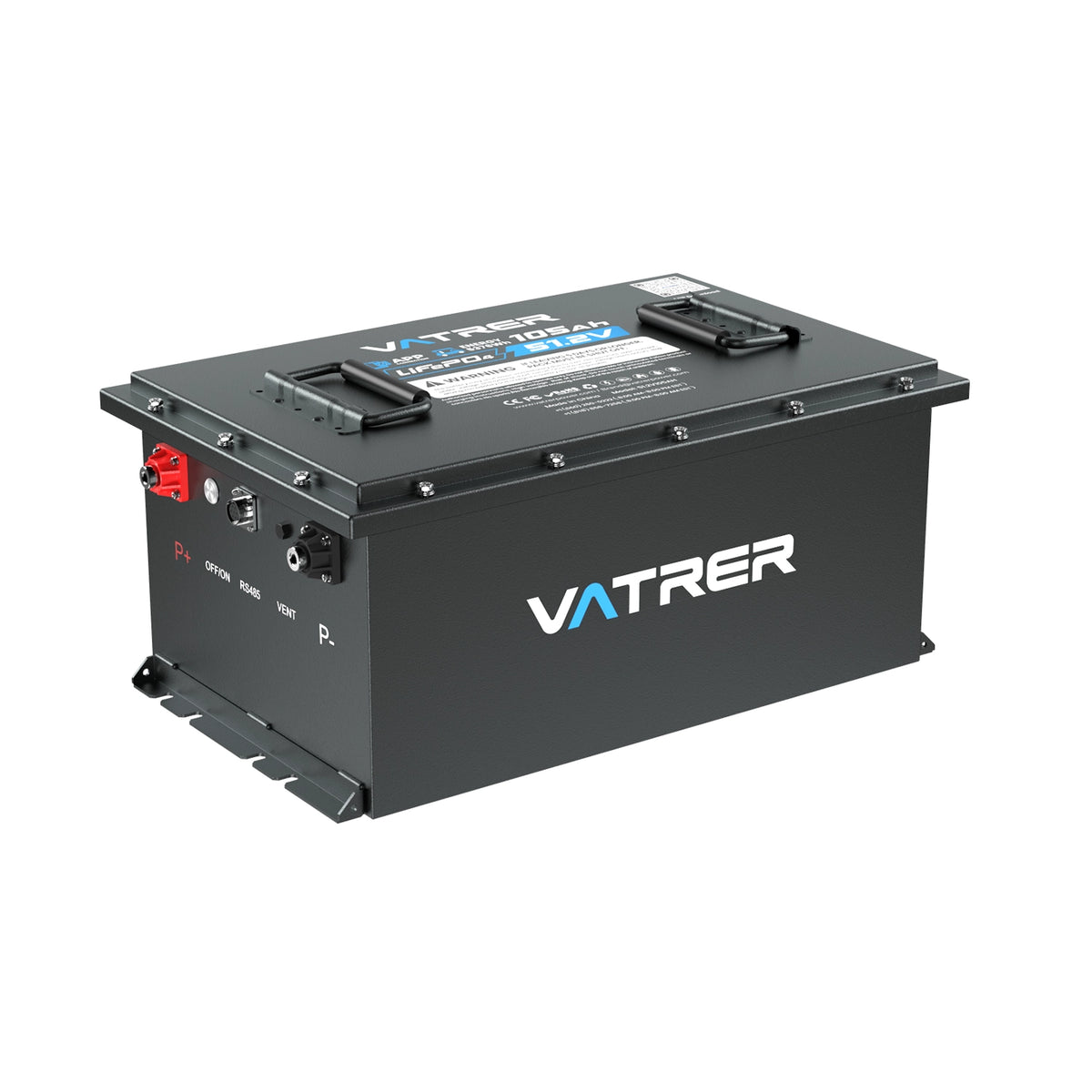Table of Contents
- Understanding Different Battery Types
- Potential Consequences of Using a Regular Battery Instead of an AGM or Lithium Battery
- Reduced Performance and Efficiency:
- Increased Operational Costs and Maintenance:
- Safety and Environmental Impact:
- Compatibility and Longevity:
- Environmental Concerns:
- Conclusion
When selecting a battery for your RV or other applications, understanding the distinctions between different battery types is crucial. Regular lead-acid batteries, Absorbent Glass Mat (AGM) batteries, and lithium batteries each have unique characteristics that suit different needs and applications. This blog explores the consequences and considerations of using a regular battery instead of an AGM or lithium battery, which are often recommended for more demanding or advanced applications.
Understanding Different Battery Types
Let’s start by outlining the key differences between regular lead-acid, AGM, and lithium batteries:
| Feature | Regular Lead-Acid Battery | AGM Battery | Lithium Battery |
|---|---|---|---|
| Design | Open design with free-flowing electrolyte | Sealed, uses fiberglass mats to absorb electrolytes | Sealed, uses lithium compounds |
| Maintenance | Requires water topping and regular maintenance | Maintenance-free | Maintenance-free |
| Durability | Less resistant to vibrations and shocks | Higher tolerance to vibrations and shocks | High resistance to vibration, very durable |
| Lifespan | Shorter, faster degradation | Longer than regular batteries | Significantly longer than both AGM and regular |
| Cost | Least expensive | More expensive than regular | Most expensive |
| Charging Rate | Slower charging | Faster than regular | Fastest charging capacity |
| Energy Density | Lower energy density | Higher energy density than regular | Highest energy density |
| Usage | Older, less demanding applications | Vehicles with start-stop technology, high electrical demands | High-performance vehicles, renewable energy systems, high-tech applications |
Potential Consequences of Using a Regular Battery Instead of an AGM or Lithium Battery
-
Reduced Performance and Efficiency:
- Regular vs. AGM: Using a regular battery where an AGM is recommended can lead to inadequate power for start-stop systems and high-demand electronics, resulting in reduced performance.
- Regular vs. Lithium: Lithium batteries provide the highest energy density and efficiency, crucial for high-tech applications and electric vehicles. Using a regular battery could significantly impair performance due to insufficient power output.
-
Increased Operational Costs and Maintenance:
- Regular batteries require more frequent maintenance and have a shorter lifespan, leading to higher long-term costs compared to AGM and lithium batteries, both of which are virtually maintenance-free.
-
Safety and Environmental Impact:
- Regular batteries pose higher risks of acid leaks compared to the safer, sealed designs of AGM and lithium batteries. Lithium batteries, while generally safe, require careful handling and management to prevent issues like thermal runaway.
-
Compatibility and Longevity:
- Devices and vehicles designed for AGM or lithium batteries may not function optimally with regular batteries, potentially leading to damage or reduced lifespan of the battery and the device.
-
Environmental Concerns:
- Lithium batteries, despite their high upfront cost and complex recycling needs, offer a cleaner long-term energy solution with fewer emissions and a longer lifecycle, reducing environmental impact compared to regular and AGM batteries.
Conclusion
Choosing the right type of battery for your application is vital. While regular lead-acid batteries may offer a lower upfront cost, the benefits of AGM and lithium batteries—such as longer lifespans, reduced maintenance, improved safety, and higher efficiency—often justify their higher initial investment. Always consider the specific requirements of your vehicle or device and the long-term benefits and costs when selecting a battery.






